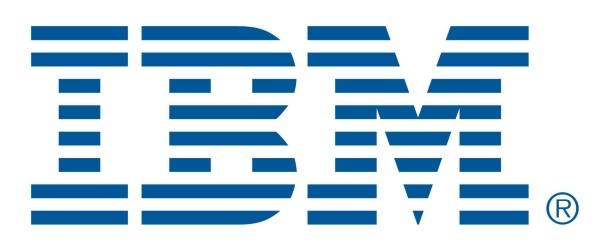IBM Quantum’s Education Lead Abe Asfaw Writes ‘Quantum Computing Education Must Reach a Diversity of Students’

(IBM.ResearchBlog) Abe Asfaw, Quantum Education Lead, IBM Quantum, writes here that while IBM targeted early quantum tech lessons at graduate-level physics students, it ha realized that quantum computing’s success both in the laboratory and the enterprise relies heavily on our ability to expand educational opportunities to a broader diversity of students.
Introducing students to quantum computing earlier in their academic careers is an opportunity to capture net new interest in the subject, especially now that we’re offering a more pragmatic approach than writing out quantum algorithms on a white board. Reaching undergraduates also means more access to women and people of color, as student demographics tend to narrow as they move into graduate studies. That kind of diversity, enabled by a plethora of educational options, will play a crucial role in ensuring there are enough skilled quantum computing professionals as the technology matures.
IBM recently launched several initiatives to help inspire new students and begin building tomorrow’s quantum computing workforce. Our Quantum Educators program, in particular, provides professors and students with access to IBM quantum computers as well as the latest learning resources we’ve developed to help them get started programming and experimenting on quantum computers. The program enables teaching in a way that compels their students to account for the effects of noise, quantum coupling and other programming challenges they will encounter when using quantum computers, as opposed to quantum simulators running on classical computers. The program arrives just in time to help teachers prepare their lessons for the fall semester.
Another key component of our quantum computing education efforts is the newly launched Qiskit Global Summer School, a virtual two-week event designed to empower the next generation of quantum developers with the knowledge to write quantum applications on their own. The school teaches students with little to no quantum computing experience to write quantum algorithms, understand superconducting device physics and solve quantum chemistry problems using Qiskit. Prerequisites are minimal, including familiarity with matrix multiplication and some experience with Python programming.



















